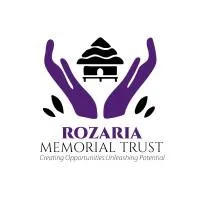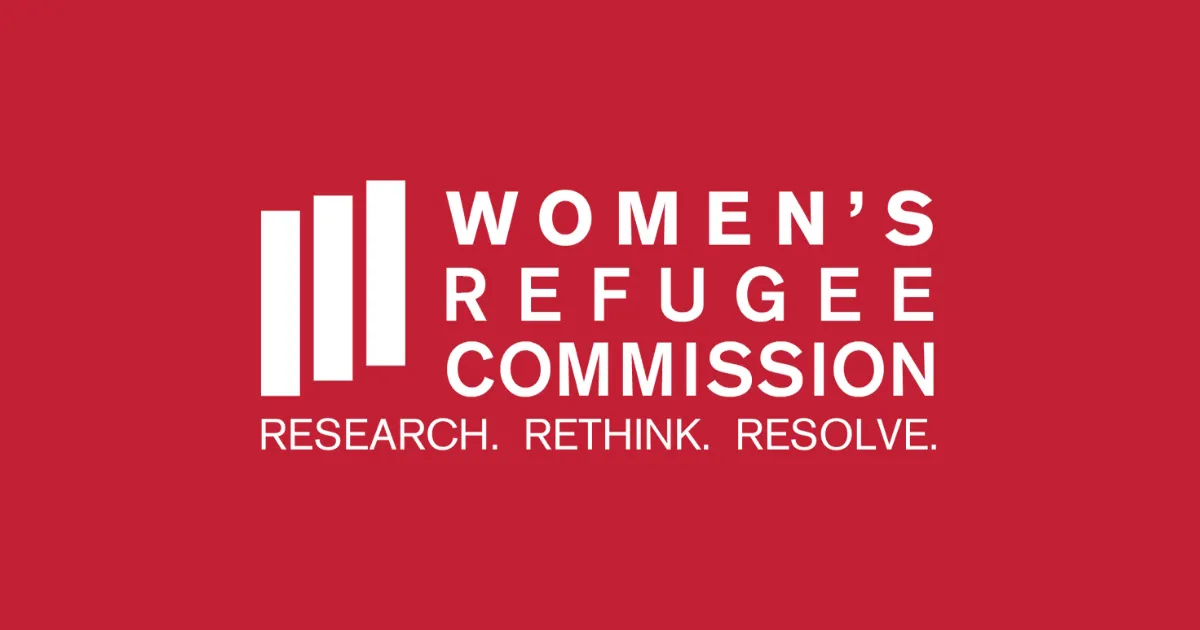Child Marriage in Humanitarian Settings: Integrating the Response to Child Marriage in East Africa
This two-year initiative (January 2021–December 2022) has engaged feminist and women-led civil society organisations, experts, and practitioners to learn how best to enhance coordination and collaboration with humanitarian actors to end child marriage and support already married girls in forcibly displaced and crisis-affected communities in East Africa.
It is coordinated by the Women’s Refugee Commission (WRC), Rozaria Memorial Trust (RMT), and King’s College London.
Through participatory action research, this project has identified gaps in existing practice to prevent and respond to child marriage and the needs of married adolescent girls impacted by conflict and displacement in the region. It also aims to identify promising gender-transformative approaches to prioritise effective strategies to end the harmful practice. We are working in partnership with feminist leaders to develop advocacy goals and evidence-based strategies to influence regional and national humanitarian responses and policies that combat child marriage.
For more information, see the project brief.
Aims
The research aims to answer the following research questions:
- What are the enablers and barriers of engaging across the humanitarian and development nexus that contribute to the systematic transformation of the humanitarian system in the prevention and response to child marriage?
- What are the enablers and barriers of engaging across sectors that contribute to the systematic transformation of the humanitarian system in the prevention and response to child marriage?
- What are the research and practice priorities for the next 3 to 5 years?
Methods
A Delphi consensus technique will be used to support the process of reflection by humanitarian and development practitioners on the enablers and barriers of engaging across the nexus and across sectors to implement effective child marriage prevention and response programming in East Africa.
A targeted literature review will inform the selection of these systems-level core areas of work and domains for initial exploration in first stage questionnaires and qualitative interviews. A minimum of two rounds of data collection will be conducted.
Our Partners
Principal Investigator
Affiliations
Project websites
Funding
Amount: -
Period: January 2021 - December 2022



